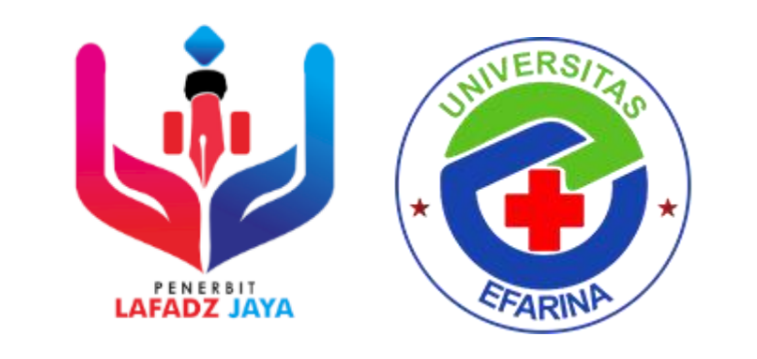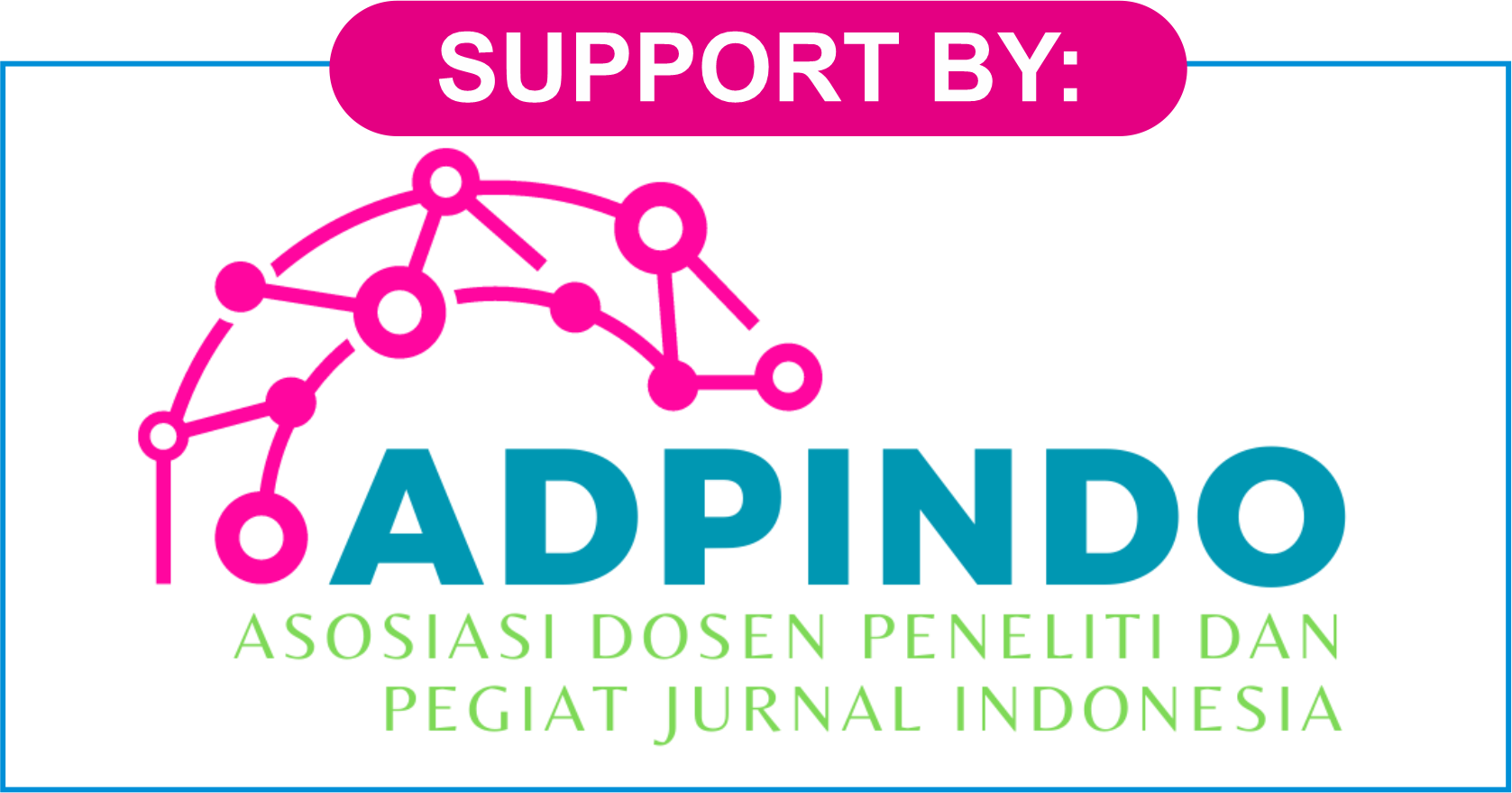A COMPREHENSIVE STUDY ON MBG (MAKAN BERGIZI GRATIS) IN THE PRABOWO-GIBRAN CABINET: EVALUATING THE PSYCHOLOGICAL AND HEALTH IMPACTS OF THE POLICY ON UNDERSERVED COMMUNITIES
DOI:
https://doi.org/10.47353/sikontan.v3i4.2783Keywords:
MBG, mental health, public health, food security, psychological well-beingAbstract
The Makan Bergizi Gratis (MBG) initiative, launched under the Prabowo-Gibran cabinet, aims to tackle food insecurity and malnutrition in Indonesia by providing free nutritious meals to underserved populations. This study evaluates the impact of the MBG program on both physical health and psychological well-being, focusing on how access to free, balanced meals influences the health and mental health outcomes of beneficiaries. A mixed-methods approach was used, combining qualitative interviews with stakeholders, quantitative health data, and psychological assessments of MBG recipients. The results indicate significant improvements in physical health, including reductions in malnutrition rates, stunting, and underweight, particularly among children. Furthermore, the study finds that MBG positively impacts psychological well-being by reducing anxiety, alleviating stress related to food insecurity, and enhancing self-esteem. Participants reported feeling more secure and less stressed about their daily nutrition, which translated into improved mood and cognitive function. However, logistical challenges, such as distribution delays and quality control, remain obstacles to the program’s widespread effectiveness. The study also underscores the importance of integrating psychological support services with nutritional assistance to maximize the program’s holistic impact. Overall, the MBG initiative has proven to be a promising model for improving both physical health and mental well-being, providing insights for other nations grappling with food insecurity and malnutrition.
Downloads
References
Badan Pusat Statistik. (2021). Survei Status Gizi Balita Indonesia 2020. Jakarta: Badan Pusat Statistik. Retrieved from: https://www.bps.go.id
Badan Pusat Statistik. (2022). Indikator Ketahanan Pangan Indonesia 2021. Jakarta: Badan Pusat Statistik. Retrieved from: https://www.bps.go.id
Cook, J. T., Frank, D. A., & Berkowitz, C. (2006). Food Insecurity Is Associated with Adverse Health Outcomes among Human Infants and Toddlers. The Journal of Nutrition, 136(5), 1439-1445.
Dewi, P. A. (2022). Pengaruh Kebijakan Pemberian Makan Bergizi Terhadap Kesehatan Masyarakat. Jurnal Kebijakan Pangan, 7(1), 34-49.
Denny, J. A., LSI. (2024). Makan Bergizi Gratis Program Primadona, Tapi Pesonanya Berkurang di 100 Hari Prabowo-Gibran. Tempo.co. Retrieved from: https://tempo.co
Dewi, I. P. (2020). Indonesia's Approach to Combating Food Insecurity and Nutrition Problems. Journal of Food Security, 8(1), 57-71.
Friedli, L. (2009). Mental Health, Resilience, and Inequalities. WHO Regional Office for Europe.
Gibran Rakabuming Raka, & Prabowo Subianto. (2021). Visi-Misi Prabowo-Gibran: Membangun Indonesia Emas 2045. Jakarta: Tim Kampanye Nasional Prabowo-Gibran. Retrieved from: https://www.prabowogibran.id
Gordon, A., Jenkins, R., & Lewis, M. (2019). The Impact of School Meal Programs on Child Health and Academic Performance. Education & Health Journal, 36(4), 45-59.
Holben, D. H., & Pheley, A. M. (2006). Food Insecurity and Hunger in the United States: An Overview. Journal of Nutrition Education and Behavior, 38(2), 71-75.
Indonesian Central Bureau of Statistics. (2021). National Survey on Child Malnutrition and Food Insecurity in Indonesia. Jakarta: Indonesian Statistics Department. Retrieved from: https://www.bps.go.id
Indonesian Government. (2024). Presidential Decree No. 83/2024 on the Establishment of the National Nutrition Agency. Official Government Publication. Retrieved from: https://www.presidenri.go.id
Indonesian Government. (2025). Presidential Instruction No. 1/2025 on Budget Reallocation for Free Nutritious Meals Program. Official Government Publication. Retrieved from: https://www.presidenri.go.id
Indonesia Ministry of Health. (2020). Annual Health Report on Child Nutrition and Public Health. Jakarta: Ministry of Health. Retrieved from: https://www.kemkes.go.id
Kompas. (2024). Langkah Prabowo-Gibran Menuju Makan Bergizi Gratis Awal 2025. Kompas.id. Retrieved from: https://kompas.id
Kumparan. (2024). Kebijakan Pangan Prabowo-Gibran. Kumparan.com. Retrieved from: https://kumparan.com
Ministry of Social Affairs of Indonesia. (2021). The National Social Welfare and Food Assistance Strategy. Jakarta: Ministry of Social Affairs. Retrieved from: https://kemensos.go.id
Musthafa, S. A. N. (2024). Fakta-fakta Badan Gizi Nasional yang Dibentuk Jokowi, demi Program Makan Gratis Prabowo?. Antara News. Retrieved from: https://antara.com
National Institute of Health Research and Development. (2021). Report on Food Insecurity and Malnutrition in Indonesia. Jakarta: NIHRI. Retrieved from: https://litbang.kemkes.go.id
Nawacita. (2014). Agenda Pembangunan Indonesia 2014-2019. Jakarta: Sekretariat Negara Republik Indonesia. Retrieved from: https://www.presidenri.go.id
Prabowo Subianto, & Gibran Rakabuming Raka. (2024). Peraturan Presiden Nomor 83 Tahun 2021 tentang Pembentukan Badan Gizi Nasional. Jakarta: Sekretariat Negara Republik Indonesia. Retrieved from: https://www.presidenri.go.id
Prabowo Subianto, & Gibran Rakabuming Raka. (2024). Pemberlakuan Program Makan Bergizi Gratis di Indonesia. Jakarta: Kementerian Sosial Republik Indonesia. Retrieved from: https://kemensos.go.id
Republic of Indonesia. (2014). Nawacita: Indonesia's Development Agenda. Jakarta: Sekretariat Negara Republik Indonesia. Retrieved from: https://www.presidenri.go.id
Republic of Indonesia. (2021). Rencana Aksi Program Makan Bergizi Gratis (MBG). Jakarta: Kementerian Sosial Republik Indonesia. Retrieved from: https://kemensos.go.id
UNICEF Indonesia. (2020). Status Gizi Anak Indonesia: Tantangan dan Solusi untuk Pembangunan Berkelanjutan. Jakarta: UNICEF. Retrieved from: https://www.unicef.org/indonesia
World Food Programme. (2021). Indonesia Country Brief – June 2021. Jakarta: World Food Programme. Retrieved from: https://www.wfp.org/countries/indonesia
World Health Organization. (2019). Nutrition and Food Security in Indonesia: A Comprehensive Report. Geneva: World Health Organization. Retrieved from: https://www.who.int
Zilanawala, A., Sacker, A., & Kelly, Y. (2020). The Effects of Free School Meals on Children’s Well-being: Evidence from the UK. International Journal of Epidemiology, 49(4), 1395-1405. DOI: https://doi.org/10.1093/ije/dyz156
Zubairi, A. (2023). Analisis Kebijakan Pemberian Makanan Gratis Terhadap Kondisi Gizi di Indonesia. Jurnal Pembangunan Sosial, 9(2), 80-92.
Zulkarnain, A. (2022). Strategi Peningkatan Ketahanan Pangan dan Peran Program Sosial di Indonesia. Jakarta: LIPI Press.
Downloads
Published
How to Cite
Issue
Section
License
Copyright (c) 2025 Peni Cahyati Teguh Pancani, Nurna Ningsih

This work is licensed under a Creative Commons Attribution 4.0 International License.











